Faculty Viewpoints
Soaring COVID Rates in the South Show Why We Need Vaccine Mandates
The data shows that low vaccination rates in southern states are leading to thousands of needless deaths, write Albert Ko of the Yale School of Public Health and Anjani Jain and Jeffrey Sonnenfeld of Yale SOM.

Exploring Alternative Futures
Professor Paul Bracken has spent a lifetime studying the complex systems like international business, technology, and the military. A pioneer of scenario planning, he looks at how organizations really work and how they both drive and are shaped by major trends in order to predict possible futures.
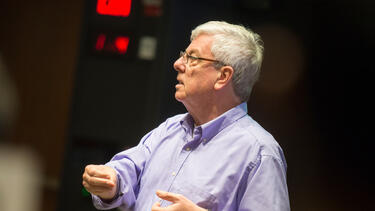
COVID Outcomes in Two States Show That Leadership Matters
Yale SOM’s Anjani Jain and Jeffrey Sonnenfeld on how the rhetoric and policies of Governors Ron DeSantis of Florida and Ned Lamont of Connecticut have shaped their states’ responses to the resurgence of COVID-19—with profound implications for their constituents.

When Should CEOs Speak Out?
Many corporate leaders are overcoming their hesitancy about wading into divisive social issues. Prof. Jeffrey Sonnenfeld offers some guidelines for when and how business leaders should weigh in.

Leadership Lessons for Biden after the Afghanistan Withdrawal
Yale SOM's Jeffrey Sonnenfeld offers advice for the president on recovering from his missteps, drawn from Sonnenfeld's decades of studies of business and political leadership.
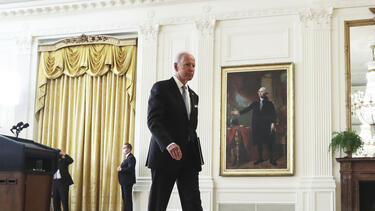
Can Social Entrepreneurship Complement Public Health Systems?
While social entrepreneurs are often criticized for building parallel systems alongside public institutions, writes Yale SOM’s Teresa Chahine, in the case of public health they can serve as a pathway to strengthen and complement the existing public health system, especially in low-resource settings.
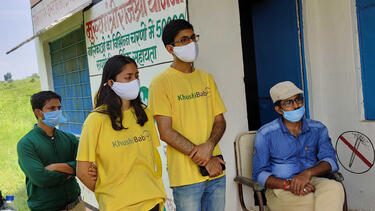
The Compromise Infrastructure Bill Reflects the Public’s Priorities
The infrastructure bill that advanced in the Senate this week doesn’t please partisans on either side. But an analysis from Yale SOM’s Jeffrey Sonnenfeld shows a rough correspondence with the objectives favored by the public in polls.
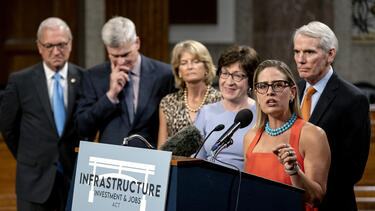
How to Go Back to a Better Office
Heidi Brooks, who teaches leadership at Yale SOM and advises companies on everyday leadership and organizational culture, talks about how managers can approach this moment of transition with empathy—and have a meaningful impact at an important time.

How the ‘Nixon Shock’ Remade the World Economy
In a new book, Yale SOM’s Jeffrey Garten explores Richard Nixon’s decision to delink the dollar from gold, which remade the global monetary system in an instant.
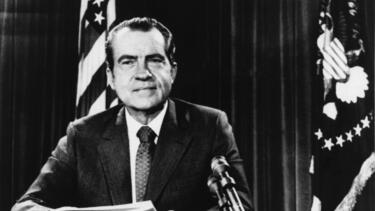
Why Silence Is Not Golden for CEOs
Yale SOM’s Jeffrey Sonnenfeld writes that companies have an interest in preserving democracy and other fundamental social issues, and silence is not an option for responsible CEOs.
